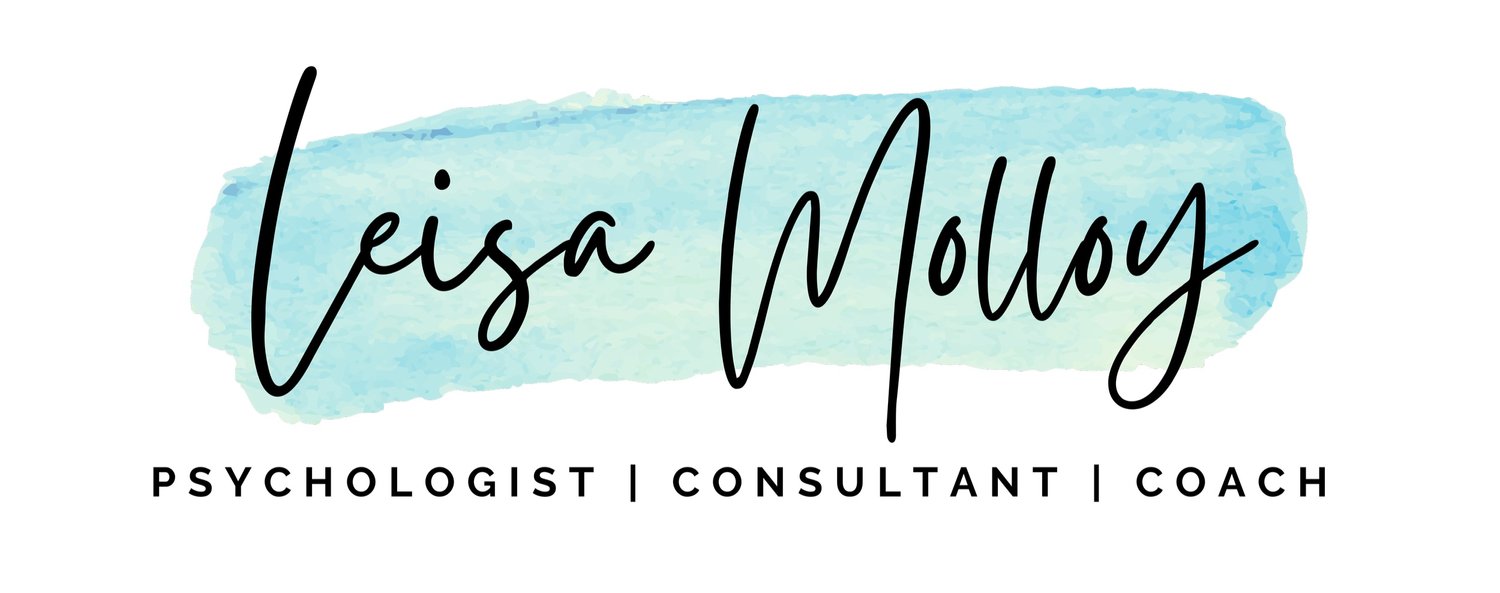On Intellectual Humility, Interrupters, and 'Pointless' Collaboration
Every month I send out a newsletter including resources, freebies and insights for leaders who want to be more skilled, self-aware and ‘human’ in their approach to handling relationships and navigating important workplace conversations. Most include topics relating to trust, psychological safety, emotional intelligence, communication, and connection.
This is the content from the November 2020 newsletter - enjoy! And be sure to sign up for the newsletter if you enjoy this kind of content :-)
Are you experiencing "pointless" collaboration?
In recent weeks I've had many discussions with clients about the notion of 'constructive conflict', as well as the practices, rituals and behaviours that can promote this kind of dialogue. This is a topic I love exploring given a recurring theme I see within many organisations - completely avoiding discomfort, perceived conflict, or any response deemed as 'emotional'.
In an effort to gradually build comfort with the idea, I often share examples of what healthy conflict might look like, and have teams reconsider the definition of "collaboration". This is where this article comes in, with the author emphasising the fact that collaboration is actually pointless if everyone simply agrees on everything! You'll also find three practical strategies for introducing a stronger focus on productive conflict.
How deeply do you listen?
Here's a quick but insightful article on another topic I often explore in my workshops - the notion that listening can occur at several 'levels'. The article highlights common misconceptions about what 'good' listening looks like - staying quiet, acknowledging others' comments, and paraphrasing. While certainly useful, we can go a lot further with our listening.
The authors share some insights on those behaviours that were seen as differentiating average vs. great listeners in their research, along with some descriptions of what listening can look like at different levels. In my workshops participants often reflect on the fact that while they know 'deep' listening is valuable, actually putting this into practice can be difficult.
You can find the article "What Great Listeners Actually Do" here.
Is your leadership style characterised by 'power' or 'warmth'?
This article is particularly interesting for those navigating an environment where status and power tend to play a strong role in shaping the cultural dynamic. It's also good for those focused on creating a culture of psychological safety, given that 'power' behaviours often trigger a 'threat' response in others. The article outlines some research suggesting that leadership style is often characterised by the extent to which individuals display behaviours that signal power or status, versus warmth and approachability (labelled as "attractiveness" in the article - not a great label in my opinion!)
Some of my clients have used this article to reflect on their own and others' default behaviours, implications for key relationships, and how they might 'flex' between styles, as suggested in the article. You can find the HBR article here.
Do your leaders demonstrate intellectual humility?
I really love this TED talk by Julia Dhar, who talks about the many lessons we can learn from formal debating practices. She speaks about finding common ground, separating ideas from identity, and "pre-committing to the possibility of being wrong".
After watching the talk I found myself exploring the research on intellectual humility - an attribute that I believe contributes to creating psychological safety. As you watch the talk, consider the extent to which your organisation's leaders are open to being wrong about their ideas and beliefs. Do they demonstrate intellectual humility?
You can watch the TED talk "How to disagree productively and find common ground" here.
Are you putting marbles in the jar?
I know several readers will have already seen this well known Brené Brown talk, but I'm sharing it for those who haven't! This amazing talk is one I regularly share with clients who are seeking to strengthen trust or create more positive relationships with others. In particular, we often leverage the marble jar metaphor used in one of the stories shared by Brené, making this a regular part of future coaching conversations (e.g. "How can you keep putting marbles in the jar?" or "Was that a marble jar moment?").
You can find the talk here and either watch the video or just listen to the audio. A great downloadable covering the 7 elements of trust can also be found here on the Brené Brown website.
What can you say when others interrupt?
Today I want to share a simple resource that I created in response to a trend being reported by several of my coaching clients - other people constantly interrupting, taking the conversation off track, or 'jumping in' and essentially saying the exact same thing! Knowing how to respond can be tricky, and often depends on the situation and audience.
The resource includes a range of suggestions, along with a caveat about using your judgement when considering an appropriate response. Many of the suggestions are aimed at keeping the tone constructive and 'light', but I've also included a few more direct and assertive ways of responding. You can download a copy of the resource sheet via this link.
Thanks for reading! Feel free to share with anyone who might find these insights helpful, or want to sign up and join the community.






